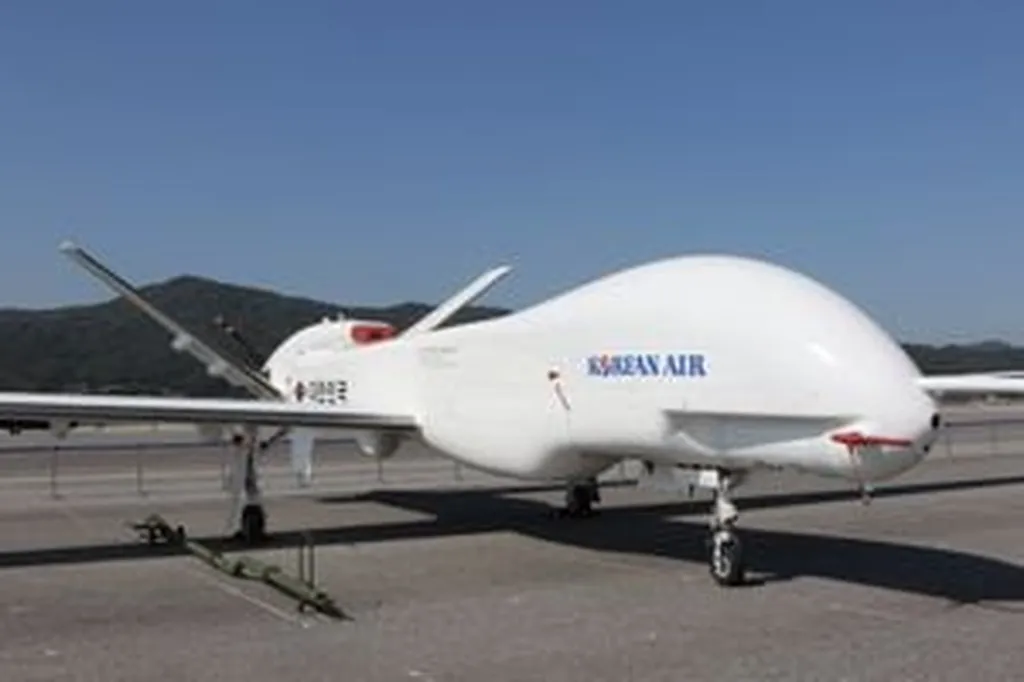In the heart of South Korea, researchers are pioneering a technological revolution that could redefine the future of smart farming. Dongwoo You, a leading figure from the School of Semiconductor Engineering at Chungbuk National University, has spearheaded a groundbreaking study that integrates artificial intelligence and unmanned aerial vehicles (UAVs) to create a more efficient and responsive agricultural system. This innovative approach, detailed in the journal *Drones* (translated to English from Korean), promises to address critical challenges in the energy sector by optimizing resource management and reducing waste.
The research introduces an integrated smart farm system that leverages Recurrent Neural Networks (RNNs) to forecast future resource shortages. By analyzing recent environmental data collected from the field, the RNN model predicts potential deficits, allowing the system to proactively schedule resource supply plans. This predictive capability is coupled with advanced UAV path planning, which considers dynamic energy consumption and priority levels to maximize efficiency. The result is a significant reduction in the supply miss rate, with experimental results showing an impressive average decrease of 81.08%.
“This integration of AI and UAV technology represents a paradigm shift in smart farming,” says Dongwoo You. “By anticipating resource needs and optimizing supply routes, we can ensure that agricultural operations are not only more efficient but also more sustainable.”
The implications of this research extend far beyond the confines of the farm. In an era where climate change and population growth are placing unprecedented demands on agricultural infrastructure, the ability to predict and manage resource shortages is invaluable. The energy sector, in particular, stands to benefit from this technology. By reducing the need for excessive resource transportation and minimizing waste, the system can lower energy consumption and carbon emissions, contributing to a more sustainable future.
Moreover, the integration of UAVs into the supply chain offers a glimpse into the future of automated logistics. As UAV technology continues to evolve, the potential for widespread adoption in various industries becomes increasingly apparent. From delivering medical supplies in remote areas to monitoring environmental conditions, the applications are vast and varied.
“This research is a testament to the power of interdisciplinary collaboration,” adds You. “By combining the strengths of AI and UAV technology, we can create solutions that address some of the most pressing challenges of our time.”
The study published in *Drones* not only highlights the immediate benefits of the integrated smart farm system but also sets the stage for future developments in the field. As researchers continue to refine and expand upon this technology, the potential for even greater efficiencies and sustainability gains becomes increasingly tangible. The journey towards a smarter, more resilient agricultural system has begun, and the future looks promising.

